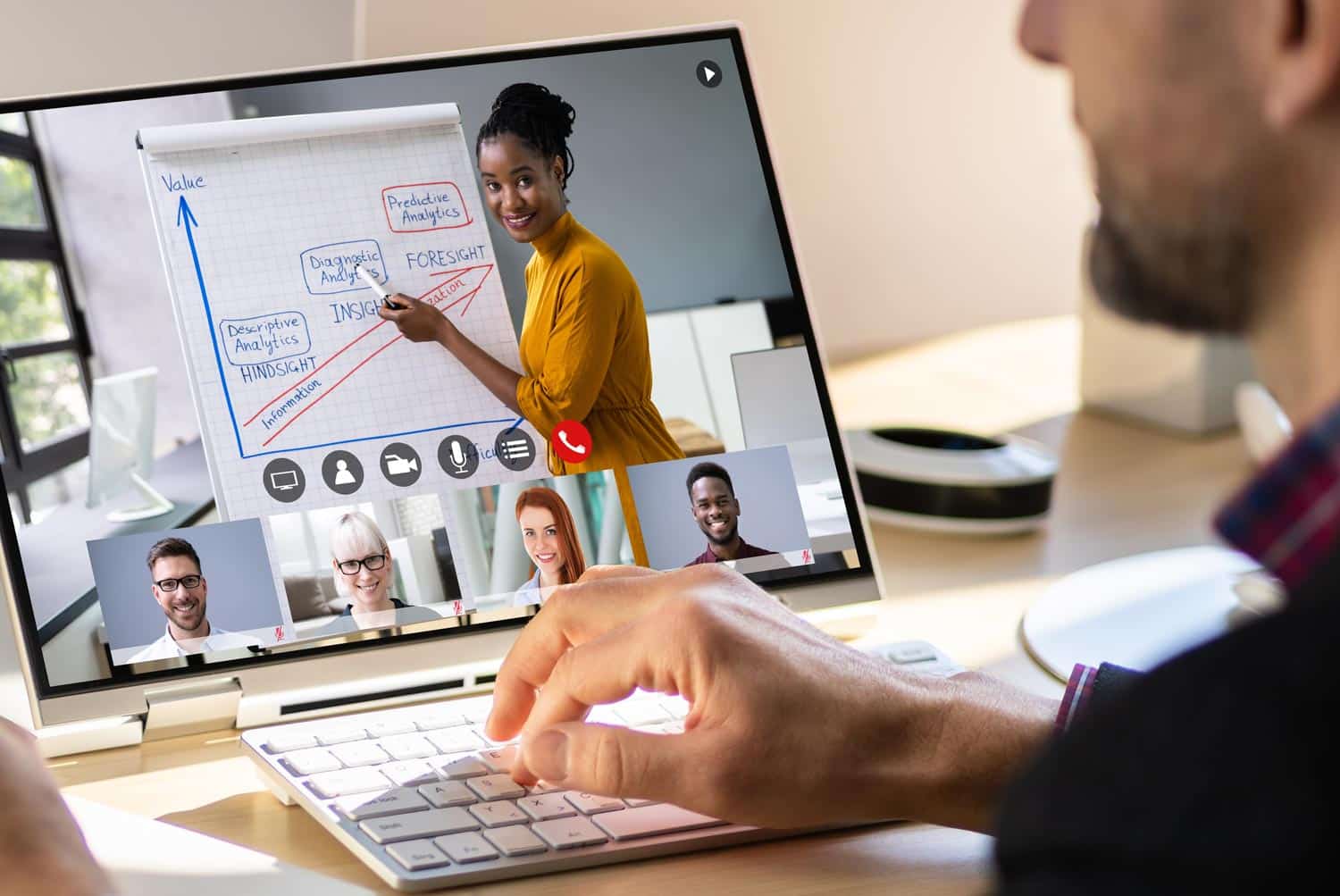Learning Everest regularly publishes articles on Gamification of learning which are information rich and provides the readers opportunity to ask questions. If you want us to assist your organization to gamify your learning, please feel to schedule a meeting to discuss your learning requirements.
Leadership Skills to Conquer in Corporate World
Do you see yourself as a leader? People always look up to leaders. And while they sometimes receive more duties, they also frequently enjoy greater rewards. However, not everyone has the ability to lead. Leaders require to possess leadership skills. Leadership requires abilities and diligence, which are not always appealing to everyone pursuing their objectives. A good leader is self-aware and makes calculated decisions.











